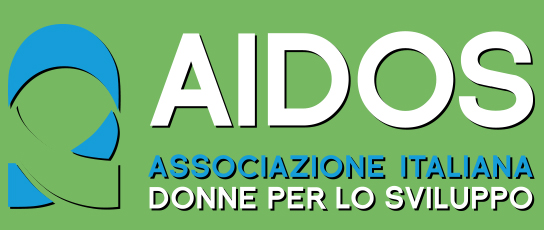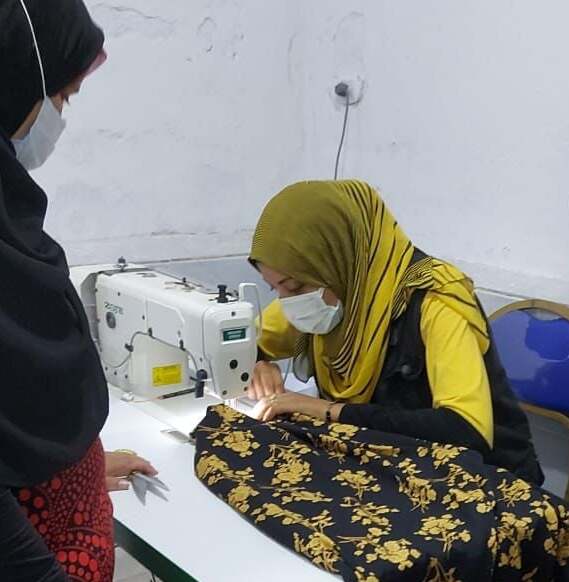Photo ARCS
2019 – 2022 Economic empowerment – Microcredit
WHERE
Lebanon: Akkar and North Lebanon areas (Tripoli, Deir Aamar, Mohammara, Bebnine, Sahal Akkar); Jordan: Ma’an governorate (Qasabt Ma’an, Petra, Shobak e Wadi Musa); Egypt: Damietta, New & Old Damietta
PARTNERS
ARCS – Arci Cultura e Sviluppo (Project leader), Caritas Egypt, Mada Association, Noor al Hussein Foundation (NHF), ARDD-Legail Aid, Un Ponte Per (UPP), Ricerca e Cooperazione (RC), Progetto Sud.
BACKGROUND
Lebanon – Akkar and North Lebanon areas are significantly affected by the Syrian crisis with 77% of families not economically self-sufficient (UNHCR, 2018) and actually are the most vulnerable of the country. Women cover 15.9% of the workforce (ILO 2017). Cultural and social norms restrict access to income-generation activities for Lebanese and Syrian women of the area (IWSAW, 2016) which basically relies on agriculture, public services (mainly military) and commercial activities.
Jordan – In Ma’an governorate, in three years, the unemployment rate raised from 16.7% to 21.9%. The percentage of women head of households above 40 years old stands at 21% of the total. The project will firstly support Syrian women in obtaining the working permits. Secondly, it will reinforce existing home-business initiatives and Jordan women’s cooperatives as well as new business for Syrian and Jordanian women.
Egypt – The majority of refugee families are living in the North. In the area, 93% of refugee families cannot afford the minimum standards of living, with 59% (equal to 67% of the total) severely vulnerable and, an additional 28% extremely vulnerable. In Damietta, almost two-thirds of families, of which 45% Egyptian and 20% Syrian, has women head of households in extremely vulnerable conditions with low employment opportunities due to cultural obstacles and risks related to the protection of public spaces.
GOALS
General Objective
The project aims at supporting vulnerable and Syrian refugee women and girls belonging to Egyptian, Lebanese and Jordanian host communities who intend to strengthen/start an entrepreneurial activity.
Specific Objective
Enhancing economic and social empowerment for Syrian refugee women through the creation of job opportunities, income generating activities and forms of association sustainable in the mid-long term and promoting women involvement in the post-war peace process and reconstruction of Syria.
BENEFICIARIES
Women and girls refugees and from host communities, at high risk of marginalization, including persons with specific needs (PWSN), such as women heads of household, with dependants as persons with disabilities and sick persons.
Direct beneficiaries – In Jordan: 210 women, 30% of which Syrian and 70% Jordanian. 10 cooperatives and 100 Syrian and 60 Jordanian women will receive support for obtaining the working permit and will participate in training programs in the sectors of food processing, handicrafts, and recycling, commercial, agricultural as well as services sector. In Egypt: around 350 women, of which 30% women head of households, 40% Syrians and 60% Egyptians. In Lebanon: 125 women, of which at least 30% women heads of household interested in strengthen and launch business activities and 2 women’s cooperatives which will be provided with equipment and access to microcredit funds. Direct beneficiaries in the three-targeted countries are also, on average, 20 members of local actors, which participate in awareness activity on labour rights, social dialogue and good practices.
Indirect beneficiaries – 6000 persons (around 2000 each country), 50% men and 50% women between 16 and 60 years old.
PROJECT ACTIVITIES
1.Support/creation of small/medium social enterprises and/or women’s cooperatives. The project will identify cooperatives / AGRs to be created and/or that need to be strengthened as well as women, Syrians and locals, who intend to strengthen/start an entrepreneurial path and will organize training courses for the development of technical skills to start up and manage a micro-enterprise, to manage micro-credit and for design and product development aimed at making products more competitive on the market. 2. Creation / facilitation of access to financial products (endowment funds, and / or rotation and / or micro credit). On the basis of the evaluation of the single project, microcredits or endowment funds/materials will be provided. The staff will closely accompany the projects thanks to a system of tutoring and follow-up of the management of the endowment funds provided. 3. Support to refugee beneficiaries aimed at obtaining a regular work permit. 100 Syrian beneficiaries will participate in awareness sessions on the regulation of work permits, labor law, new laws on home business. 4. Awareness on labor rights, social dialogue and good practices. 100 people per country (women + local partners involved + local actors) will participate in training courses aimed at increasing the awareness of the beneficiaries about their rights and how they can improve their “doing business”.
AIDOS ACTIVITIES
AIDOS will offer its expertise on Product Development and Design in the three countries. Experts will train the beneficiaries (120 women working in the agri-food sector + the local partners involved) in strengthening their sales and product development skills in order to better place food products on the market.
EXPECTED RESULTS
Improvement of the socio-economic situation of Syrian refugee women and those in conditions of vulnerability in the areas of intervention in the three beneficiary countries; reduction in the number of families living in poverty; Increase in the number of women accessing sources of income.
WHEN
2019 – 2022 (30 months)
WHO IS FINANCING
Italian Agency for International Cooperation (AICS)

